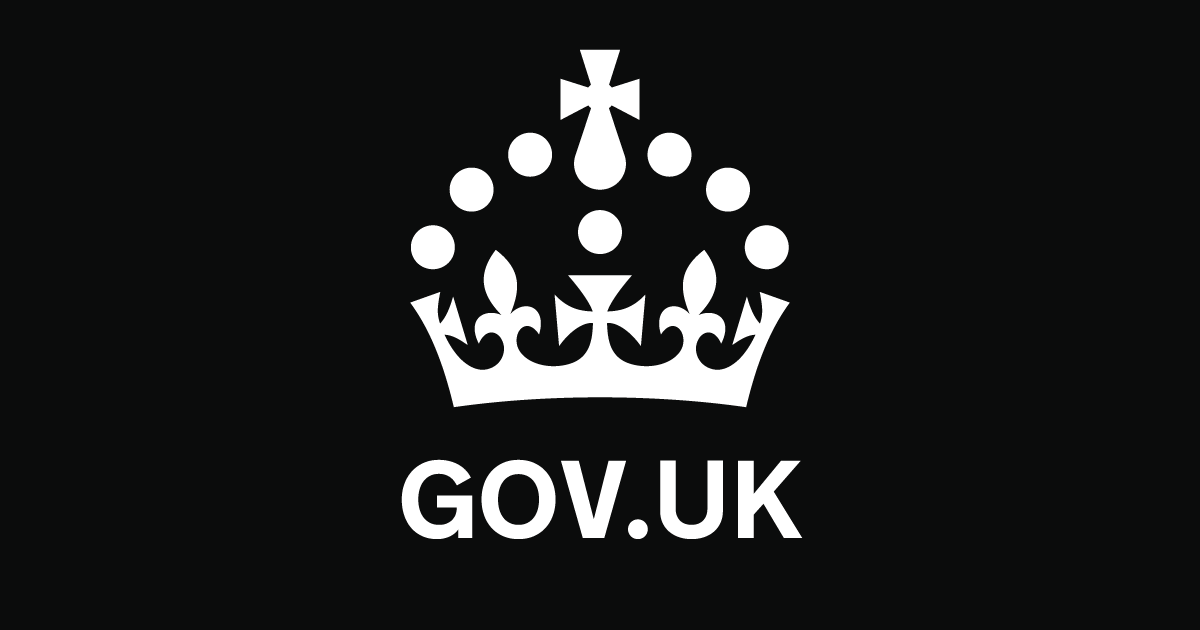Whether the results indicate that those that can adapt easiest to change (the educated higher earners that speak english as a first language) weren't afraid of it or if that is a media spin to make the yes voters feel better about themselves and elevate them above the plebs I don't know. We didn't win but we are smarter than those who voted No.
"Some ideas are so stupid that only intellectuals believe them"
Don't confuse an education (often in a quite narrow field of study) with an ability to make sound decisions on wider social issues.
'The Voice' was a garbage proposition deservedly rejected.
It's almost impossible to get straight answers from it's proponents.
Why do you need to change the constituion for an 'advisory body'?
What's stopping aboriginal people from organising themselves and creating a body to represent them that can provide suggestions to the goverment like numerous other groups can and have done?
Who counts as an aboriginal?
What will the Voice achieve that existing goverment sponsored organisation cannot?
The NIAA
The National Indigenous Australians Agency (NIAA) was established in July 2019 by an executive order made by the Coalition government. It is answerable to the Minister for Indigenous Australians, who was then Ken Wyatt, himself an Aborigine. Linda Burney (also Aboriginal) became the minister in June 2022. NIAA’s stated task is to inform the minister of “policies and services required to address the unique needs of Aborigines at a community level”. Its publicly stated “vision” is “to ensure that Aboriginal and Torres Strait Islander people are heard, recognised and empowered. We recognise that each First Nations community is unique. We work in partnership with community to make sure policies, programs and services meet their unique needs.” It had a budget of $3.8 billion in 2022, which increased in 2023 to $4.5 billion (an increase of 20 per cent).
How many people will sit on the Voice?
How will they be appointed or how will they will be elected?
How can members be removed?
Where will it he based?
What will be it's an annual budget, and whoose paying?
How much will members of the Voice will be paid?
If members of the Voice are divided on a particular issue how would this be resolved and who should the govermenr listen to?
If the Voice is to advise on policies impacting Indigenous Austrakians what laws or policies doesn’t impact them?
Would any areas be off-limits to the Voice? Defence treaties, foreign affairs etc?
Are the government expected to consult the Voice on all major decisions? Is the Treasurer is expected to brief the Voice on what’s included in an upcoming budget?
What constitutes proper notice for the Voice to consider each issue that comes before it? What's sufficient information to provide the Voice so it can make informed representation? Any national security implications?
Would the Voice will be expected to respond to each proposal in a set period of time?
Would the Voice would have to be heard before a decision is made?
What happens if the 'advice' of the Voice is ignored and whether this can lead to legal challenges.
What are the full legal implications of the Voice?
Will the Voice have targets when it comes to closing attainment gaps? What happens if these get worse under its watch?




